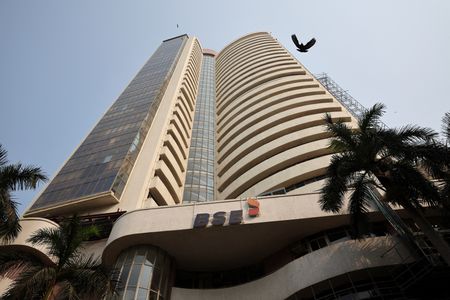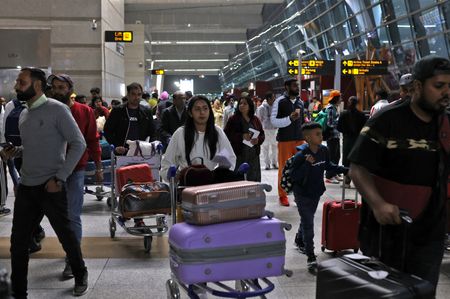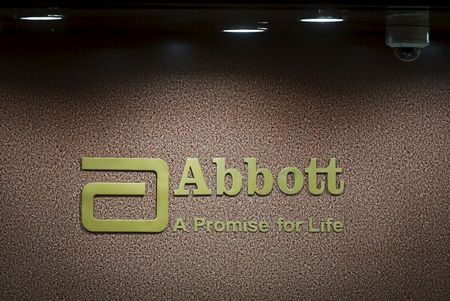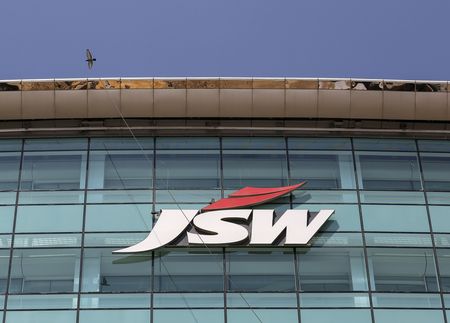By Arpan Chaturvedi and Aditya Kalra
NEW DELHI (Reuters) -New Delhi city government has rejected for a third time Pernod Ricard’s request for a licence to sell its brands in India’s capital, citing ongoing investigations, an order showed, dealing a blow to the French liquor giant in a key market.
The order comes despite an Indian appeals authority in February asking city officials to reconsider the rejections as investigations against Pernod for allegedly breaching the city’s liquor policy in 2021 had not so far resulted in any conviction.
The Delhi city authorities disagreed and rejected Pernod’s request again in a May 9 order, saying courts had upheld that local governments have “broad discretion to deny it (a licence) to entities that lack moral probity”.
“Mere existence of allegations and investigation justifies administrative caution in licensing matters,” city Excise Commissioner Sunny K. Singh wrote in his order.
The order is not public but was reviewed by Reuters on Thursday.
Pernod said in a statement it did not agree with the decision, which pertains to an application filed for 2022-23, adding its “main focus is on securing a fresh licence for the current financial year.”
“We will continue to pursue all legal avenues available to us,” it added.
Delhi is a critical market for any liquor company in India. Pernod, whose brands include Chivas Regal and Absolut Vodka, has in the past said New Delhi alone accounted for 5% of its total sales in India, which stood at $3.13 billion last year.
India’s federal financial crime agency accuses Pernod of violating the city’s rules by illegally extending bank guarantees to New Delhi’s retailers, which in return agreed to boost the company’s market share. That case is currently pending and Pernod has repeatedly denied any wrongdoing.
An internal investigation ordered by Pernod, however, concluded that its top executives did violate city law, even as its representatives denied wrongdoing publicly and in court, Reuters reported in December.
In February, a Delhi appeals authority said Pernod’s case merited a review as “there has to be a conviction beyond doubt by a court of law before any adverse opinion or action can be taken”.
The May 9 order disagreed, though, saying the allegations were about “serious economic offences, which justifies the state’s preventive measures.”
(Reporting by Arpan Chaturvedi and Aditya Kalra. Editing by Mark Potter)









